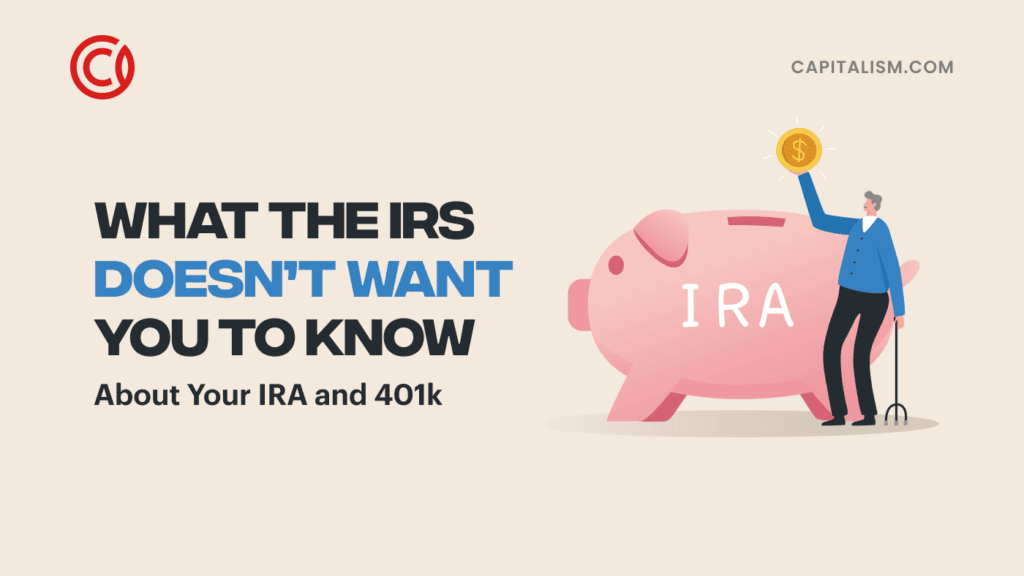Is it really true that women are disadvantaged in the workplace and need government help to get on equal footing as their male counterparts?
Hi, I’m Kristin Tate, author of Government Gone Wild, and today we’re busting myths about gender equality in the workplace.
As a woman, I am constantly bombarded with messages from feminist groups telling me that I am being treated unfairly in the workplace. These groups tell me and other women that we’re routinely paid only 77 percent of what men earn for doing the exact same work. As women, they tell us we should be outraged!
But wait… Not so fast. Let’s actually look at the facts.
Thanks to the Department of Labor, we know that the Equal Pay argument compares average earnings of the full time working man to the full time working woman. However, it ignores the number of hours they work every day, their industry, education level, and years of experience. All of these factors are critical in taking into account how much a worker earns. And economists have shown that when you take these factors into account the wage gap shrinks significantly.
And whatever wage gap actually does exist can largely be accounted for choices that many women tend to make. Women are more likely than men to sacrifice pay for time with their families. Work-life balance is often prioritized more by women than by men, who are likely to work longer hours and spend less time at home.
The misleading and false narrative that the workplace is blatantly unfair to women is largely pushed as an excuse to get the government increasingly involved in how private businesses operate.
But giving the government power in how businesses are managed, and how they compensate all workers, may actually end up hurting women.
Government regulation that forces one-size-fits all employment policies does not allow for workplace flexibility. Many working women – especially working mothers – choose to work fewer hours and are less likely to commute long hours. Many sacrifice higher pay for fewer hours so that they can enjoy a better work-family balance.
Rather than forcing government in the workplace, steps like reforming the tax code to reduce burdens on families and offering tax credits for small businesses providing leave would be more helpful to the diverse desires and priorities of women around the country in different fields.
Women are not one size fits all. We are diverse and have varied interests. It’s about time that our politicians in Washington DC realize that.
Thanks so much for watching, and be sure to check out the other great videos on Capitalism.com!











